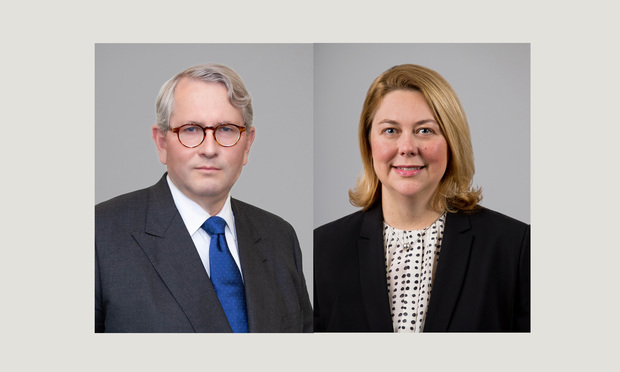Businesses facing increased costs as a result of the historic COVID-19 pandemic have resorted to a number of seemingly justified solutions to ensure they can keep their doors open. Some, including restaurants, delivery service providers, and even some doctors’ offices, have added “COVID surcharges” to their bills in an effort to cover new or increased costs, or to recoup losses incurred as a result of restrictions or shutdowns. If these surcharges are tied to the pandemic and directly related to increased costs—either cleaning, sanitation, outfitting workers or patrons with personal protective equipment, or increased base costs as a result of the pandemic—the charges should not raise any legal concern. However, businesses should be aware that surcharges have, in the past, been used as pretext for anticompetitive behavior, and businesses imposing a COVID surcharge need to know how to avoid crossing that dangerous line.
First, surcharges may violate an individual state’s price gouging laws. Approximately 36 states have price-gouging laws, and there is additional legislation pending in several other states in reaction to COVID-19. Once triggered, typically by a state of emergency declaration, state laws prohibit price increases for certain essential products. State price-gouging laws vary dramatically in terms of their threshold for what constitutes gouging. Some states have a specific price increase cap, such as New Jersey’s 10% cap, while many other states prohibit excessive or unjustified increases more generally. Still other states contain specific excessive pricing formulas. State price-gouging laws are often opaque and subject to selective enforcement. Unfortunately, given their wide-ranging differences, there is no “safe harbor” acceptable price increase for avoiding all state pricing-gouging laws, particularly where products are sold nationally or are shipped across state lines. If a surcharge is exorbitant, or applied to an essential product, a state’s price gouging law may be implicated.


 Carl W. Hittinger, left, and Ann O’Brien,right, of Baker Hostetler.
Carl W. Hittinger, left, and Ann O’Brien,right, of Baker Hostetler.




